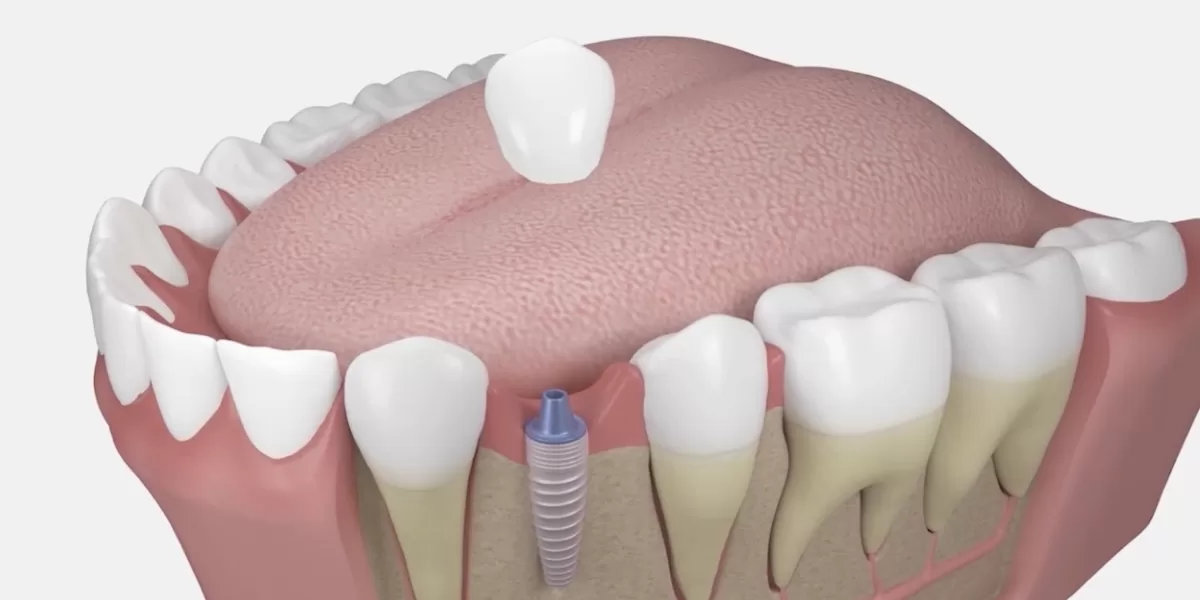
Foothill Center for Dental Implants and Oral Surgery is a medical/dental practice offering patients advanced solutions to oral health issues, including those that require wisdom teeth extraction and dental implants. Pasadena residents can expect the highest level of care and treatment. Our commitment to our patients’ wellbeing has been shown over the 70 years that we have been serving Southern California (Previously Lytle, Tate, & Stamper).
Meet Dr. Christopher Chan
Dr. Chan is a dual-degree, board-certified Oral and Maxillofacial Surgeon with advanced training in dental implants, full arch restoration, and bone grafting.
Since 1953, Foothill Center for Dental Implants and Oral Surgery has delivered trusted results. Dr. Chan continues this legacy, offering local and truly personalized care.
What Are Dental Implants?
A dental implant serves as a substitute tooth root, connecting to the existing bone and creating a strong foundation for a replacement tooth. Dr. Chan recommends dental implants because the replacement teeth look and act like natural teeth because they are made from safe and durable materials, and because they offer advantages over other methods of tooth replacement.
For example:
- Treatments using bridges, partials, and dentures do not preserve bone.
- Dental implants provide Pasadena patients with a long-lasting solution, where other methods may need replacing over the years.
- Dental implants do not weaken the health of the other teeth in the patient’s mouth. Procedures such as bridges require cutting down adjacent teeth; partial dentures are hooked onto other teeth in the mouth, loosening them over time.
Why Replace Missing Teeth with Dental Implants in Pasadena?
When a patient has concerns related to missing teeth, our professionals may discuss resolving the issues using dental implants. Pasadena patients who have gaps in their teeth may face a variety of problems:
- Chewing. Tooth loss can complicate a person’s ability to grind up food quickly and comfortably. For some people, lack of teeth can limit their ability to eat certain types of foods at all.
- Smiling. It is one of the most universal gestures, and yet some people feel uncomfortable sharing a smile because of their missing teeth. Missing teeth, especially when they occur closer to the front of the mouth, can be difficult to hide without dental implants.
- Facial structure. The overall aesthetic impression of a person’s face can be greatly impacted by teeth missing from their mouth. This can lead to sagging or collapsing around the lower one-third of a person’s face.
These are only visible symptoms of missing teeth, however. When Dr. Chan recommends dental implants to Pasadena patients, he is trying to address concerns that are less obvious but just as significant. For example, in the long-term, gaps in a person’s mouth can lead to bone resorption: a process in which the bone that previously supported a tooth melts away. Bone resorption can give the unattractive impression that the bone and gums are collapsing at the space where the gap occurs.
Dental Implants FAQs
Learn More About Dental Implants in Pasadena
We encourage patients to contact our Pasadena office with questions about the dental implant procedures and oral surgery procedures we provide, including wisdom teeth removal. Find out about your options for improving your smile and advancing your overall health. Call the Foothill Center for Dental Implants and Oral Surgery team at (626) 792-3161.


